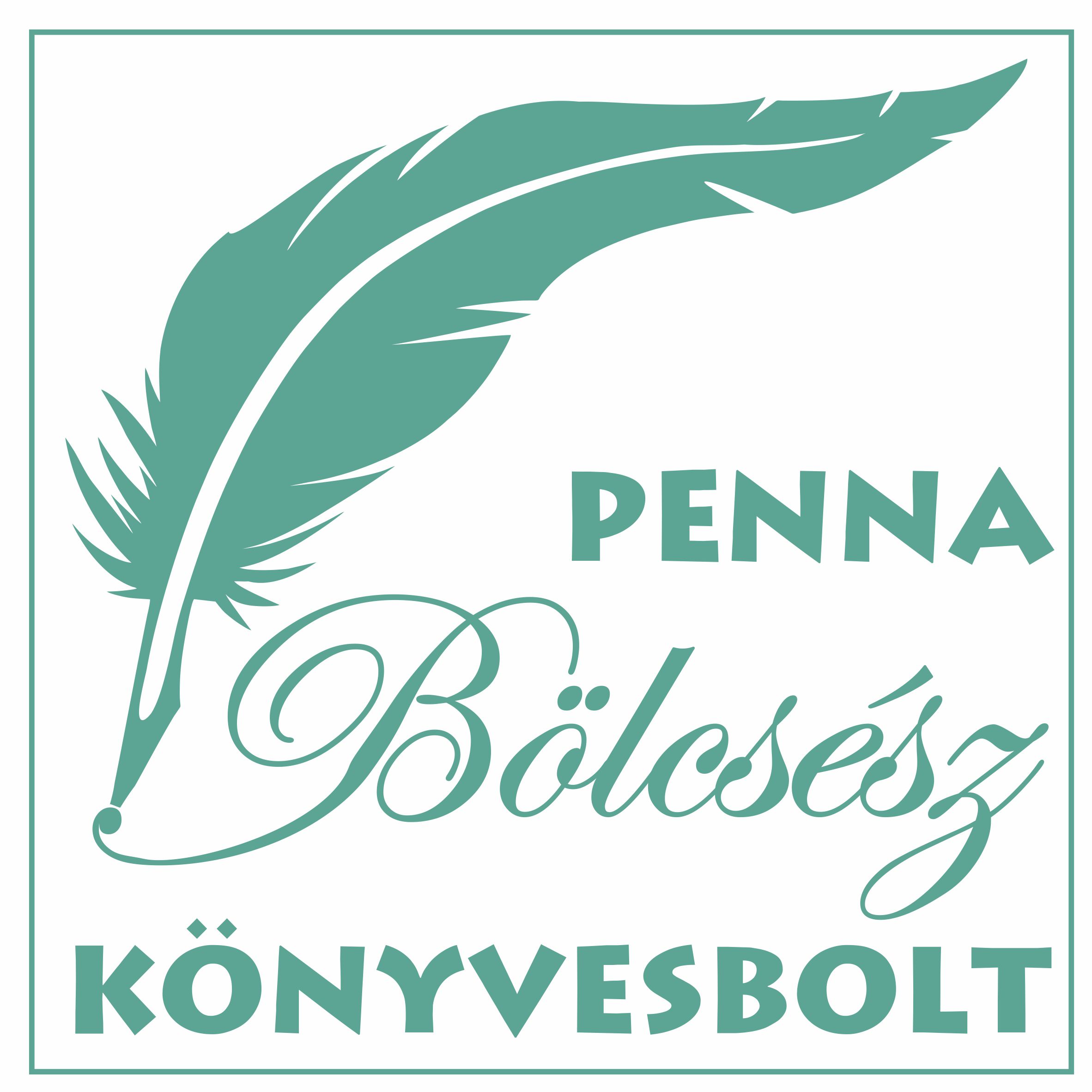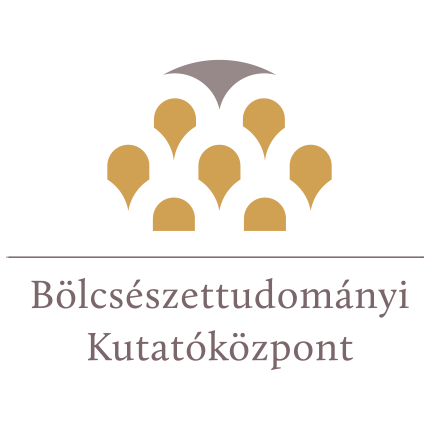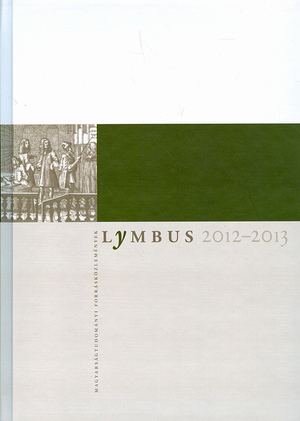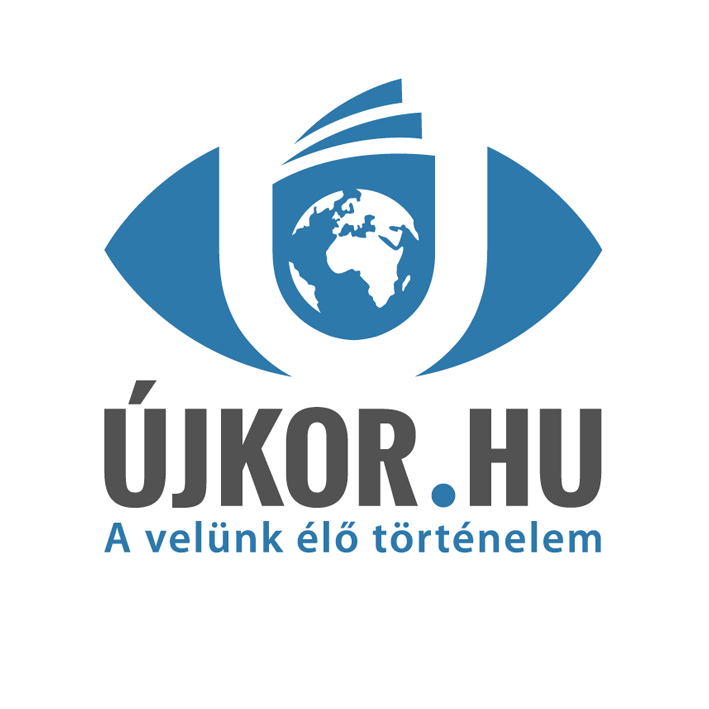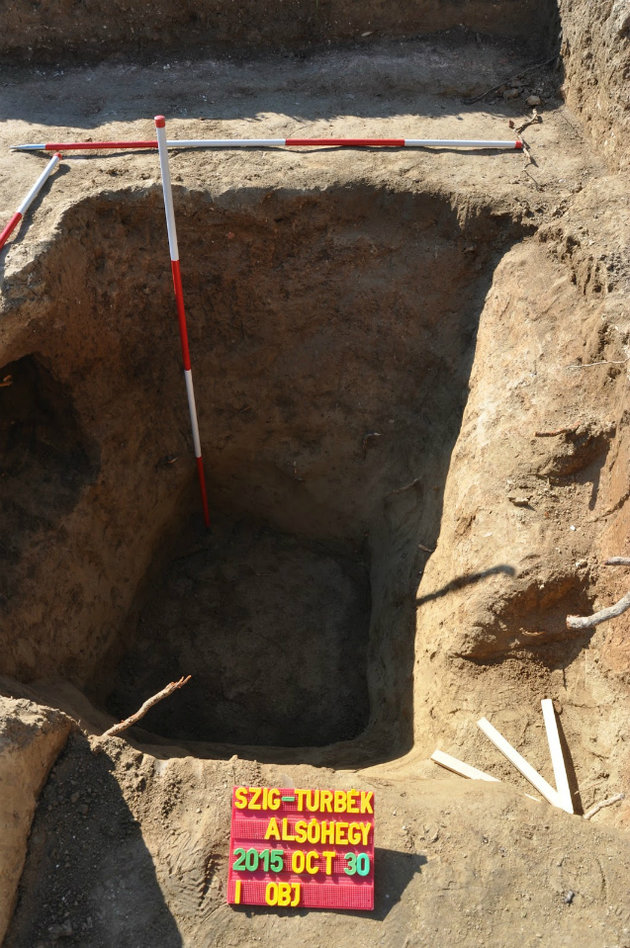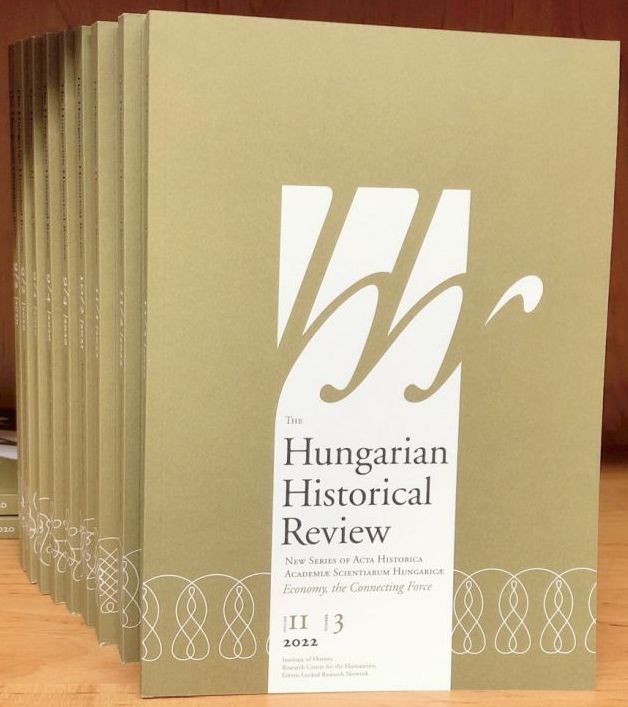![]()
News
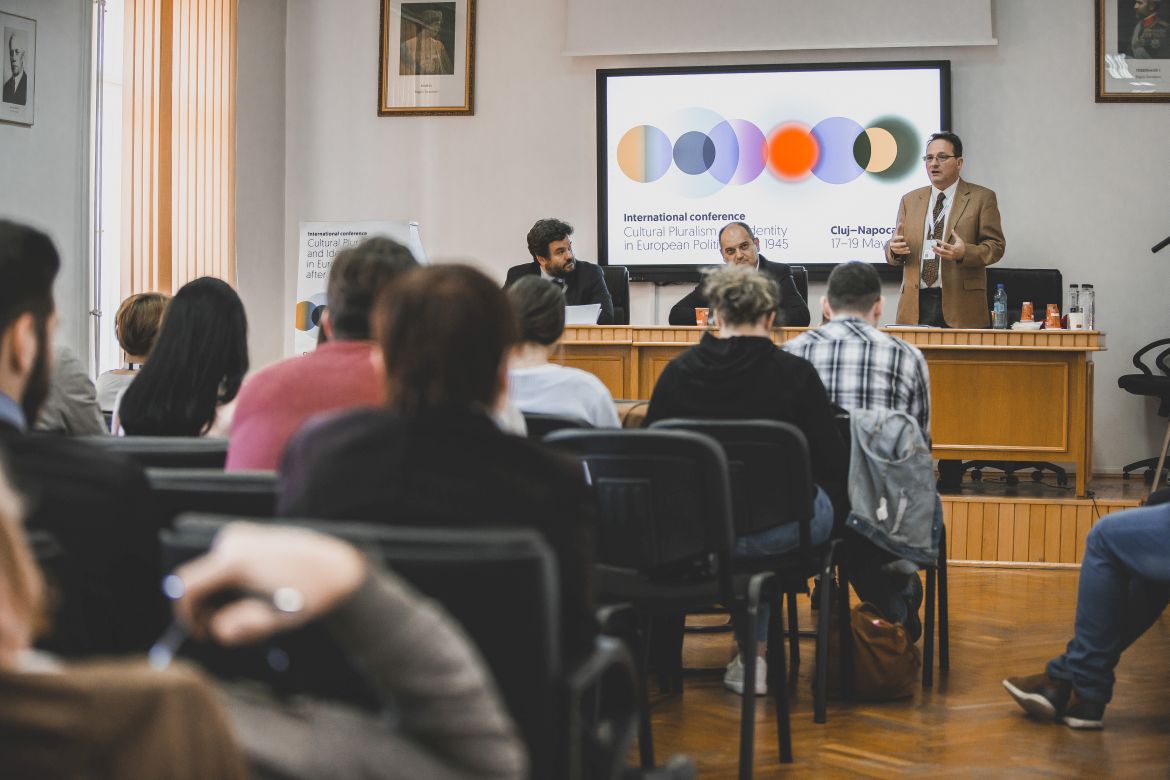
Conference of the European Network of Remembrance and Solidarity
- Details
- Category: Institute
From 18 to 20 May 2019, the Babeș-Bolyai University of Cluj hosted the Warsaw-based European Network of Remembrance and Solidarity conference, this time entitled Cultural Pluralism and Identity in European Politics after 1945.
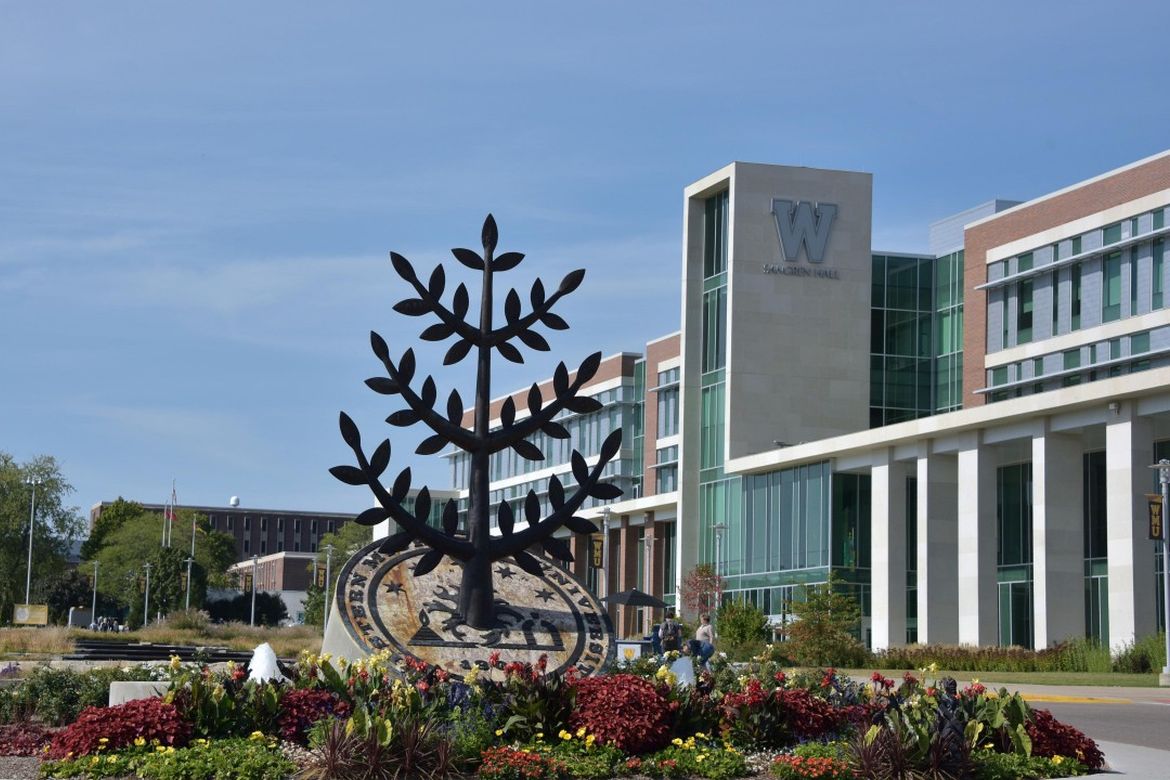
István Kádas and Bence Péterfi at the International Congress on Medieval Studies at Kalamazoo
- Details
- Category: Institute
This year, Western Michigan University (Kalamazoo, Michigan, USA) hosted the 57th International Congress on Medieval Studies online. The 432 sessions and roundtable discussions were attended by medieval scholars from all over the world, including István Kádas and Bence Péterfi, both research fellows of the Institute of History of the RCH (and members of the „Lendület” Medieval Hungarian Economic History Research Group and of the NKFI project K 134690).
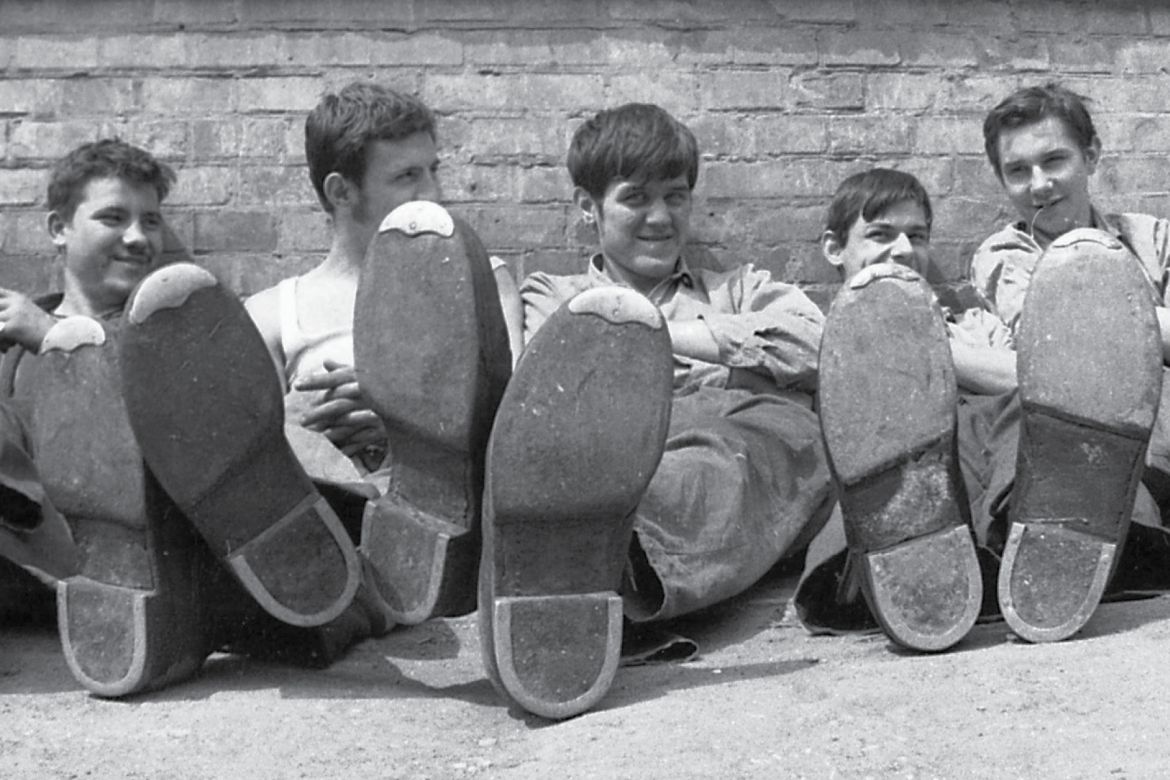
Children of Communism: new book by Sándor Horváth published by Indiana University Press
- Details
- Category: Institute
Indiana University Press (USA) has published the book Children of Communism. Politicizing Youth Revolt in Communist Budapest in the 1960s by Sándor Horváth, Head of the Department for Contemporary History at the Institute of History in the Research Centre for the Humanities. In this volume, the author explores youth counterculture in the Eastern Bloc, and why this generation proved so crucial to communist identity politics.
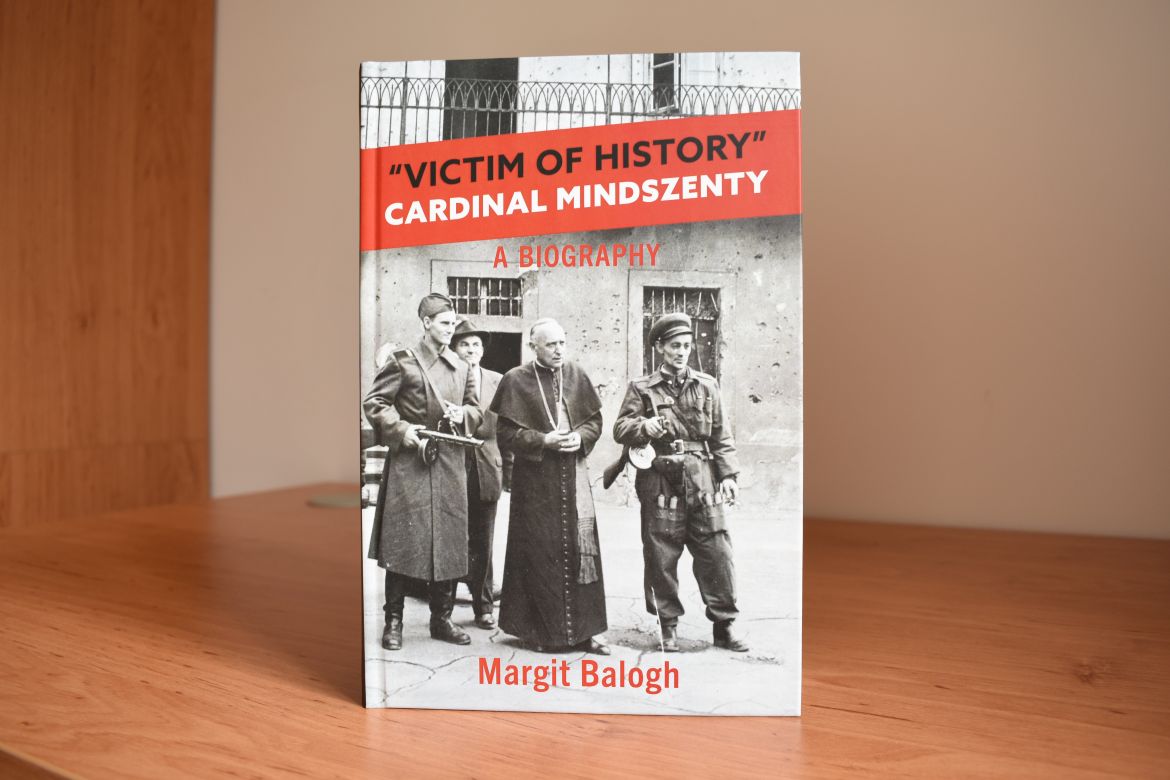
Victim of History: a biography of Cardinal Mindszenty
- Details
- Category: Institute
Catholic University of America Press has published Victim of History: a biography of Cardinal Mindszenty, the latest book of Margit Balogh, Deputy Director General of the Research Centre for the Humanities and scientific consultant at the Institute of History. The volume is "a scholarly masterwork now finally available in English, tells the story of this extraordinary character, one of the most powerful and controversial personalities of Hungarian history" – says Árpád von Klimó, (The Catholic University of America), reflecting on the book.
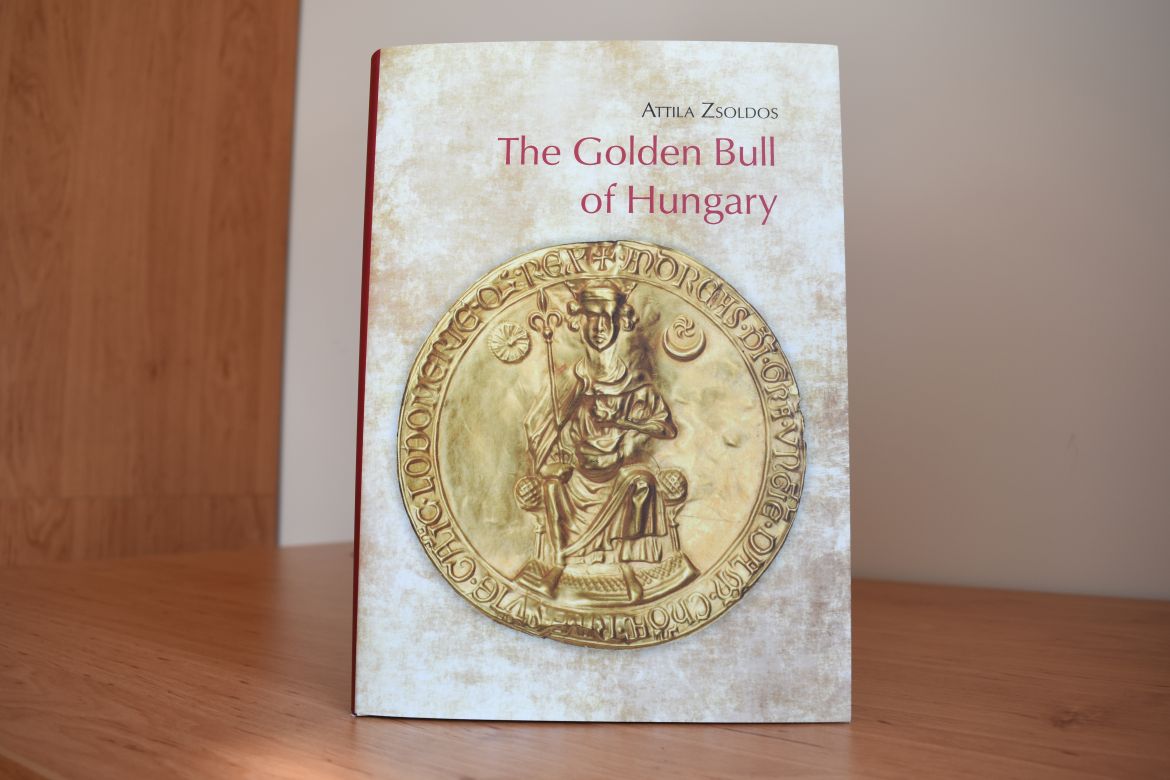
The Golden Bull of Hungary
- Details
- Category: Institute
The Golden Bull of Hungary, by Attila Zsoldos, research professor at the Institute of History of the Research Centre for the Humanities, has been published as the ninth volume of the Arpadiana series. The book analyses the reform policy behind the Golden Bull (1222) promulgated by King Andrew II of Hungary, the circumstances of its creation, the events leading up to its renewal in 1231, and its medieval afterlife.
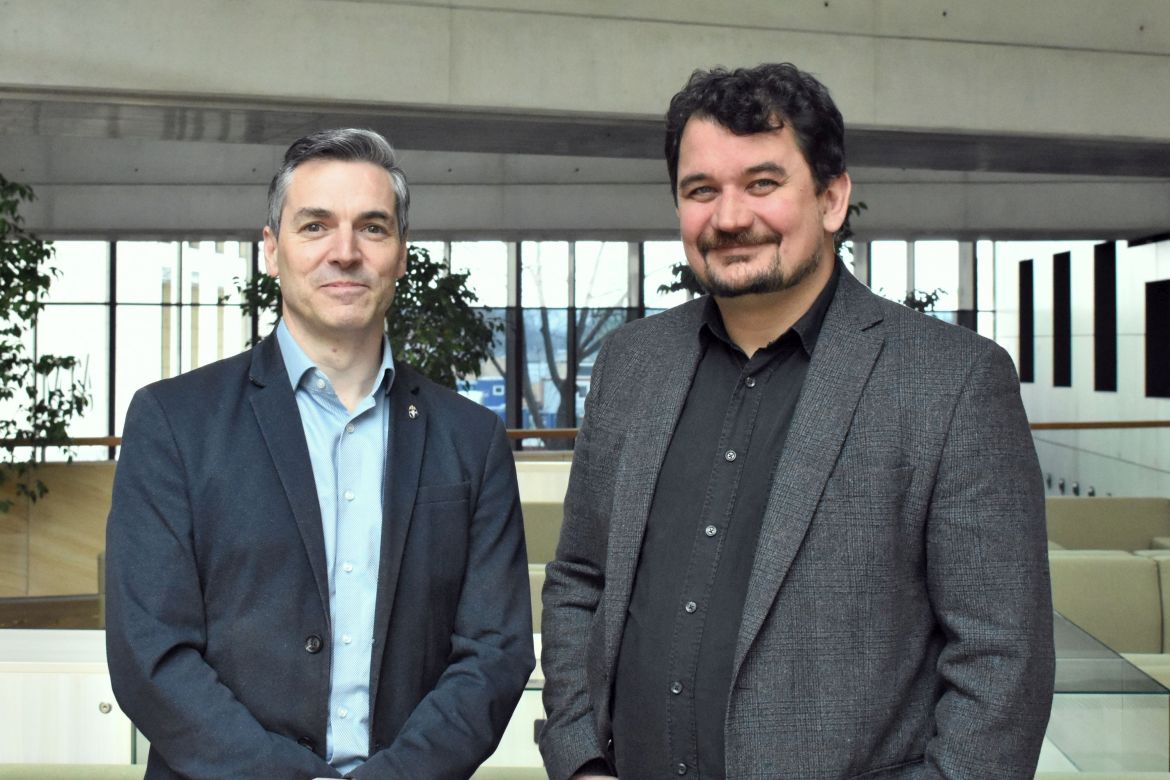
Outstanding Hungarian success in international history
- Details
- Category: Institute
András Fejérdy senior research fellow and deputy director, and Gábor Kármán senior research fellow at the Institute of History of the Research Centre for the Humanities won the European Research Council’s Consolidator Grant. In this call, 2,652 applicants submitted their proposals and 12% of them were succesful. In the history of European research funding, it is quite extraordinary that two researchers at the same time from a Central European research institute would receive the grant.
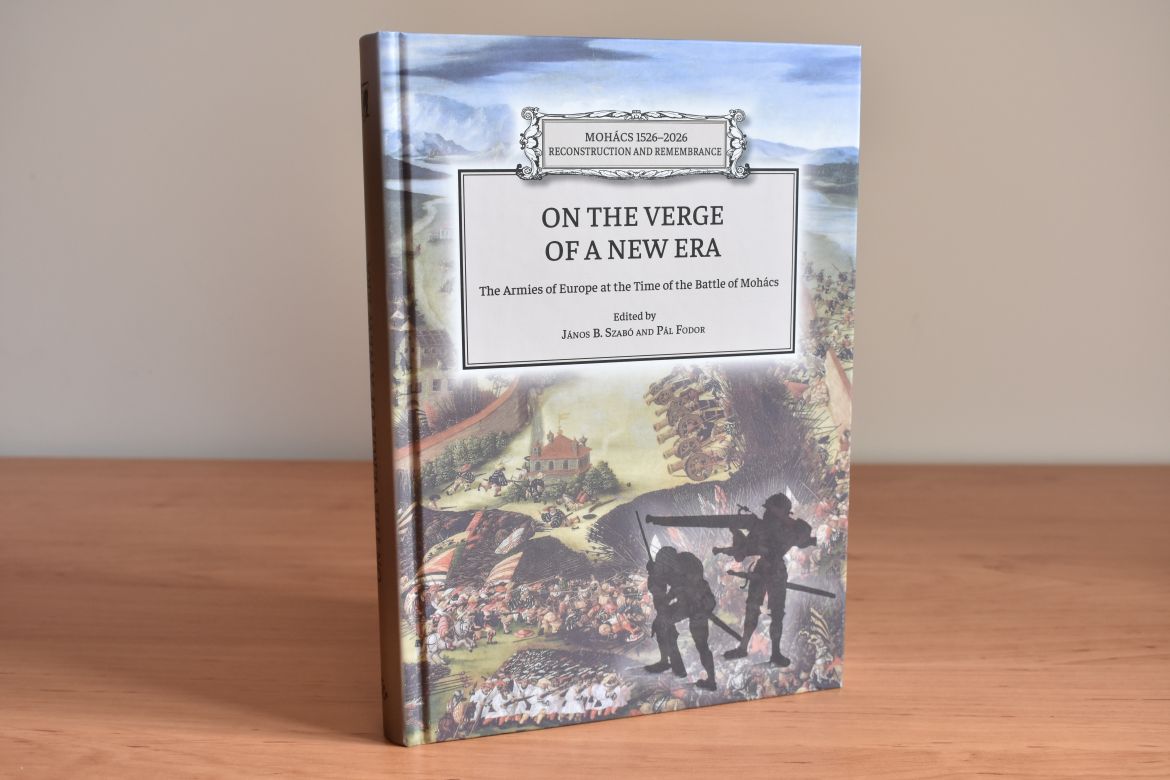
On the Verge of a New Era
- Details
- Category: Institute
The Battle of Mohács (29 August 1526) is a singular event of symbolic significance for Hungary and the whole of Central Europe. Over the last thirty years, extensive work by Hungarian historians to revise the “dark legend” of Mohács has resulted in a much more balanced account of the ruling Jagiellonian dynasty (1490–1526) and the thirty-five years that preceded the battle.
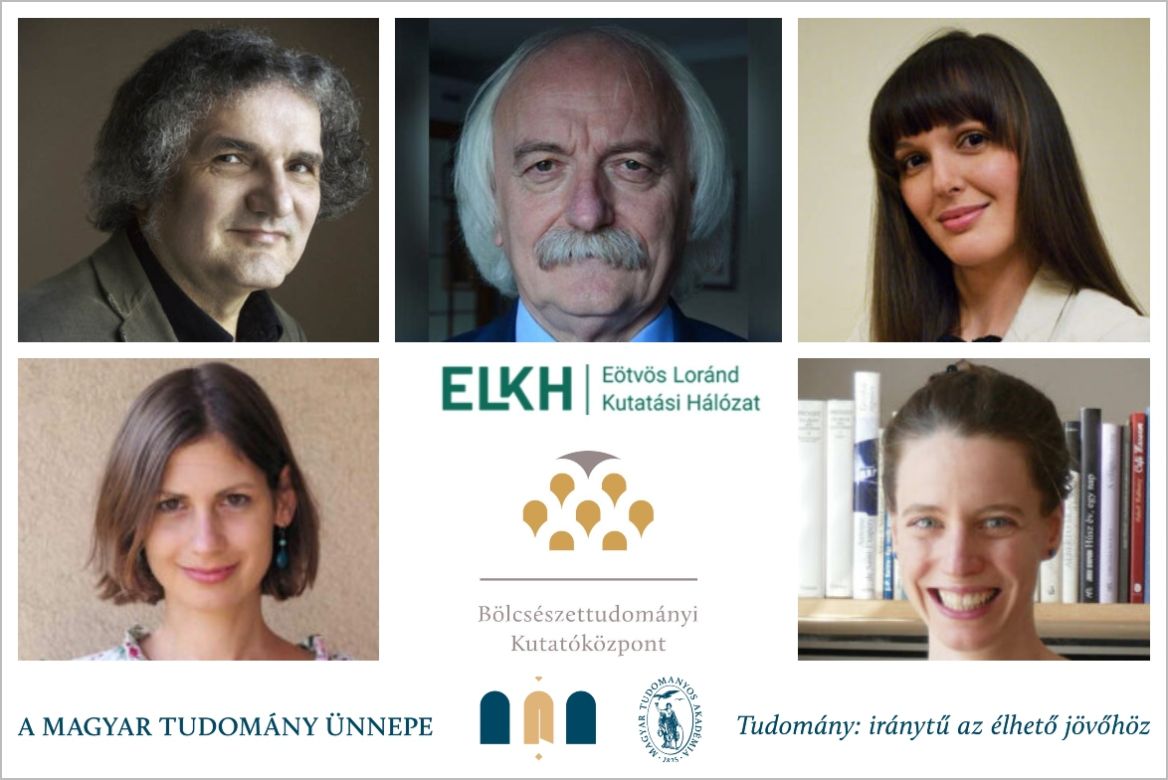
Ceremony to present the 2021 ELKH academic awards
- Details
- Category: Institute
The Eötvös Loránd Research Network (ELKH) Secretariat has established the Eötvös Loránd Research Network Prize and the Róbert Bárány Prize applicable to young researchers to recognize outstanding academic performance within the network. In addition, it has also launched the distribution of the title of Research Professor Emeritus. The 2021 ELKH Award Ceremony was held at the Hungarian Academy of Sciences on November 9 as part of the “Celebration of the Hungarian Science“ program of the Hungarian Academy of Sciences.
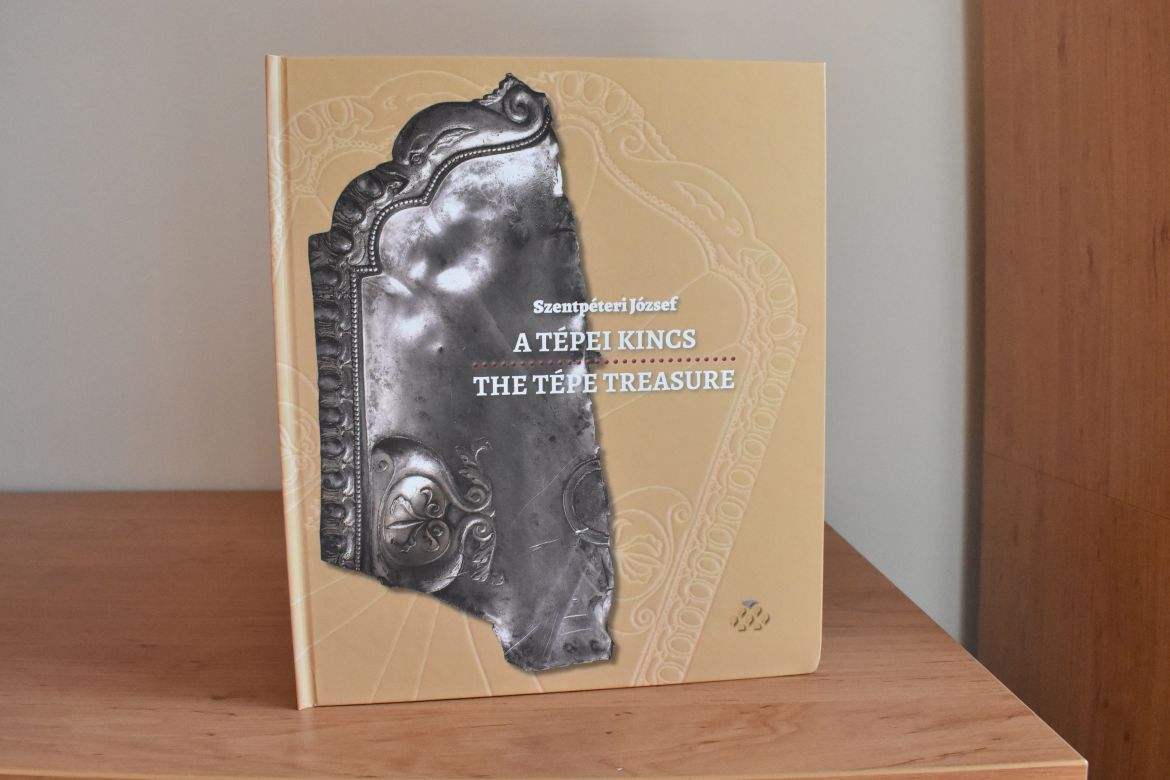
The Tépe Treasure - new volume from József Szentpéteri
- Details
- Category: Institute
The richly illustrated new volume of József Szentpéteri's book, The Tépe Treasure presents the story of an exciting investigation in both English and Hungarian. Exactly 110 years have passed since the discovery of a fabulous treasure on the outskirts of a remote village in County Bihar, in an area known as Görbekert, which in the finders’ family lore was preserved as the “golden mound”.
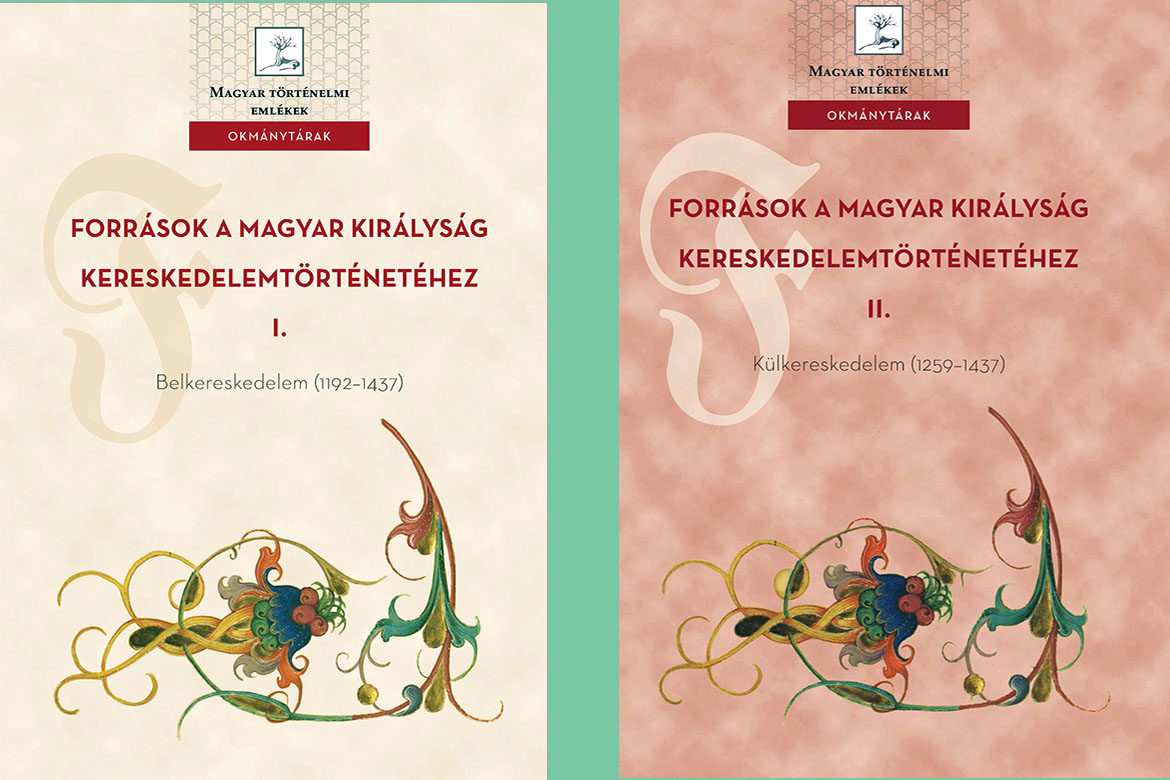
New book publication on medieval merchants
- Details
- Category: Lendület: Középkori gazdaságtörténet
In December 2018, the Lendület (‘Momentum’) Medieval Hungarian Economic History Research Group won a grant from the National Research, Development and Innovation Office (NKFIH) of Hungary for the preparation of a source publication of Latin and German medieval texts (KH 130 473).
International Conference on Economic Functions of Urban Spaces
- Details
- Category: Events
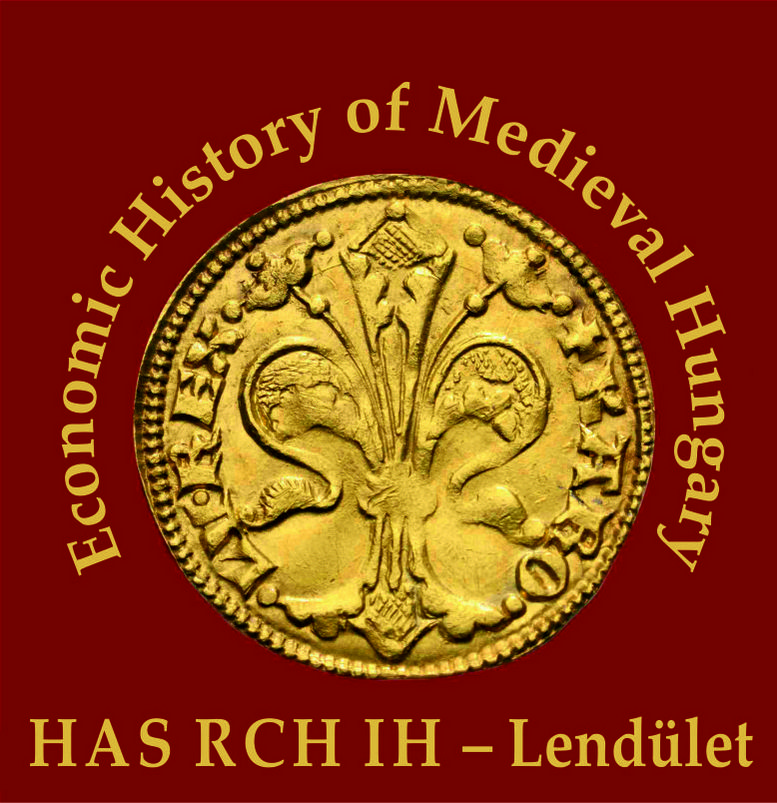
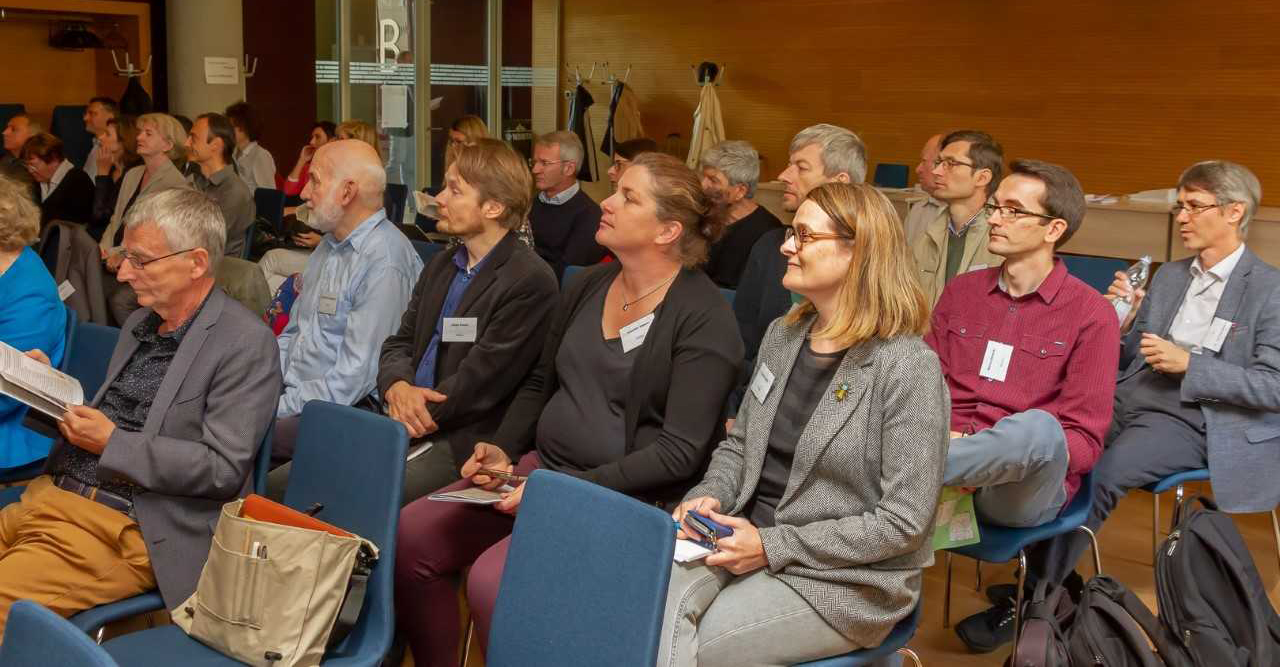 The International Commission for the History of Towns (ICHT) held its annual meeting in Budapest, September 18–20, 2019, co-organized with the “Lendület” Medieval Hungarian Economic History Research Group of the Institute of History of the Research Centre for the Humanities. The three-day conference (Economic Functions of Urban Spaces from the Middle Ages to the Present) was co-sponsored by the “Lendület” research group and the Central European University. The program of the first day took place at Central European University, the second day at the Budapest History Museum, which also supported the event, and the third at the Research Centre for the Humanities.
The International Commission for the History of Towns (ICHT) held its annual meeting in Budapest, September 18–20, 2019, co-organized with the “Lendület” Medieval Hungarian Economic History Research Group of the Institute of History of the Research Centre for the Humanities. The three-day conference (Economic Functions of Urban Spaces from the Middle Ages to the Present) was co-sponsored by the “Lendület” research group and the Central European University. The program of the first day took place at Central European University, the second day at the Budapest History Museum, which also supported the event, and the third at the Research Centre for the Humanities.
New NKFIH Project at the Institute of History
- Details
- Category: Institute
A new NKFIH Project called "Commercial Sources in the Service of the Hungarian Medieval Economy" was launched on 1 December 2018 at the Institute of History, under the leadership of Boglárka Weisz, senior research fellow, and with the participation of Norbert C. Tóth, Tibor Neumann, Renáta Skorka, Bence Péterfi, István Kádas, Dániel Bácsatyai, Viktória Kovács, András Ribi and Judit Gál. The aim of the project is the preparation and edition of a collection of Latin and German documents that would contain all the basic sources of Hungarian commercial history from the Árpád era to the end of King Sigismund's reign.
You can find our previous articles in the News Archive.





